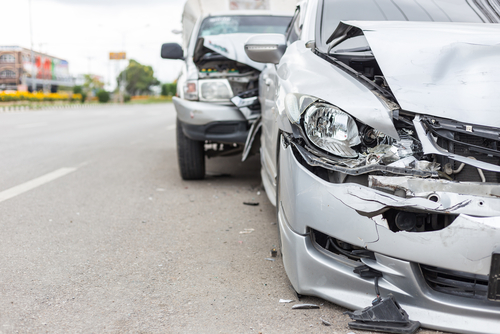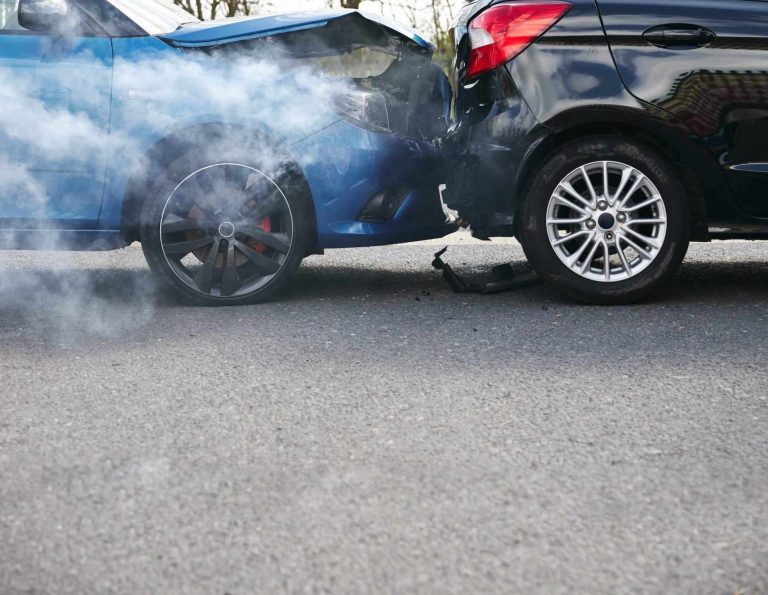- Douglasville personal injury attorney, GA personal injury lawyer, georgia personal injury attorney, personal injury attorney, personal injury law attorney GA
There are various legal defenses that defendants can employ to avoid liability in a Georgia personal injury negligence claim. Some of these defenses are fairly straightforward. For instance, if it was a wrongful act or some form of negligence on your own part that ultimately caused your personal injuries, it is unlikely that you will be able to recover monetary damages in your personal injury action whether or not the defendant was negligent. This makes sense at least to the extent that you and you alone should be responsible for injuries and damages that you yourself ultimately caused.
However, some legal defenses commonly employed by defendants in personal injury actions are not so clear. One of the clearest examples of such a defense is known as assumption of risk. This defense, which is often misunderstood if not completely overlooked by those contemplating the filing of a personal injury lawsuit, can be devastating to the outcome of your case. Do not wait until it is too late to seek help from a legal representative. The John B Jackson personal injury law firm comes highly recommended in the Douglasville area. If you have suffered personal injuries because of another’s negligence, reach out to us to find out how the assumption of risk defense could potentially impact the outcome of your Georgia personal injury action.
What is the Assumption of Risk for Georgia Personal Injury Cases?
La esencia de esta defensa comúnmente empleada probablemente le parecerá bastante simple al principio. Pero no se deje engañar. Esencialmente, esta defensa defiende la siguiente proposición:
If you are voluntarily and knowingly engaging in an activity that carries with it a high risk that you will sustain a particular type of injury, than you should not be allowed to receive compensation for these foreseeable injuries should they actually come about.
After all, by choosing to engage in said activities, despite an apparent risk of harm, you have assumed the risk of any foreseeable repercussions. The assumption of risk defense stems from Georgia Code § 51-11-7 which instructs as follows:
“If the plaintiff by ordinary care could have avoided the consequences to himself caused by the defendant’s negligence, he is not entitled to recover. In other cases, the defendant is not relieved, although the plaintiff may in some way have contributed to the injury sustained.”
The justification underlying this statute as it applies to assumption of risk is fairly straightforward. Namely, if you knew the danger that you were placing yourself in by engaging in a particular activity, than you could have avoided this danger easily by not engaging in such a dangerous activity in the first place. This code could apply even if there happened to be a degree of negligence by a prospective defendant. The bottom line is that if you were “asking for it” you are not entitled to turn around and point fingers at anyone else.
A defendant in a Georgia personal injury case will likely succeed with this defense and avoid liability if he or she is able to prove all of the following:
- El demandante tenía conocimiento de los peligros concretos asociados a la actividad específica que realizaba.
- El demandante realmente comprendió cuáles eran esos riesgos.
- El demandante no fue obligado ni coaccionado a participar en esta actividad de riesgo.
¿Cómo se interpreta la asunción de riesgos?
Actually delineating the activities and underlying circumstances that might be considered an assumption of risk is where this legal defense gets a bit ambiguous and convoluted to say the least. Sure, it makes logical sense that individuals should not be able to collect monetary damages for injuries that they knowingly or recklessly exposed themselves to. However, this seemingly logical proposition carries with it a multitude of unanswered questions:

- What constitutes a “dangerous activity” for the purposes of Georgia law?
- ¿En qué circunstancias puede decirse que una persona "ha comprendido" el riesgo que entraña una actividad?
- ¿En qué circunstancias puede decirse que un individuo ha participado voluntariamente en esta actividad?
These are all fantastic questions. The answers of which are not completely clear and tend to change and evolve as the Georgia legal system struggles to apply the underlying law on a case-by-case basis to a dizzying array of facts and circumstances. The following will be a few hypothetical situations setting forth how the Georgia judicial system has applied the assumption of risk defense in the past:
- Si intenta interrumpir una pelea de perros, lo más probable es que se considere que ha asumido el riesgo de ser mordido.
- Si vas a nadar sabiendo que no eres el más fuerte de los nadadores y después te ahogas, es probable que se considere que has asumido ese riesgo de ahogamiento.
- If you swim in a lake that you are fully aware contains alligators and thereafter sustain personal injuries from an alligator attack, you have assumed the risk of these injuries.
Of note, this particular defense also often comes into play in the world of recreational sports. Namely, if you suffer a concussion while playing recreational football, you will most likely face an assumption of risk defense and find yourself unable to collect damages for your related medical bills.
¿Cuándo se puede aplicar la asunción de riesgos en casos de lesiones personales en Georgia?
While there may be some scenarios where an assumption of risk defense is pretty obvious, the merits of this commonly utilized defense tactic is heavily dependent upon the circumstances of each particular case.
Georgia courts seem to be constantly struggling with the application of the assumption of risk defense and how to best uphold the policy behind the legislation from one case to the next. For instance, Georgia courts have had an especially difficult time applying this defense to minor plaintiffs. After all, at what age can a child be said to truly understand the risk inherent in their actions?
El sistema judicial de Georgia ha sostenido que los niños de tan sólo siete años pueden asumir el riesgo. Siempre y cuando el riesgo en cuestión fuera un peligro claro y evidente y el niño fuera realmente capaz de comprender y apreciar este riesgo, se podría considerar que este niño asumió el riesgo asociado a sus lesiones.
Consulte con un abogado de lesiones personales de Georgia sobre su caso
The overall takeaway is that, should you find yourself facing a personal injury action, it is absolutely essential that you consult with a well-versed Georgia personal injury attorney like those at the Law Office of John B. Jackson.








